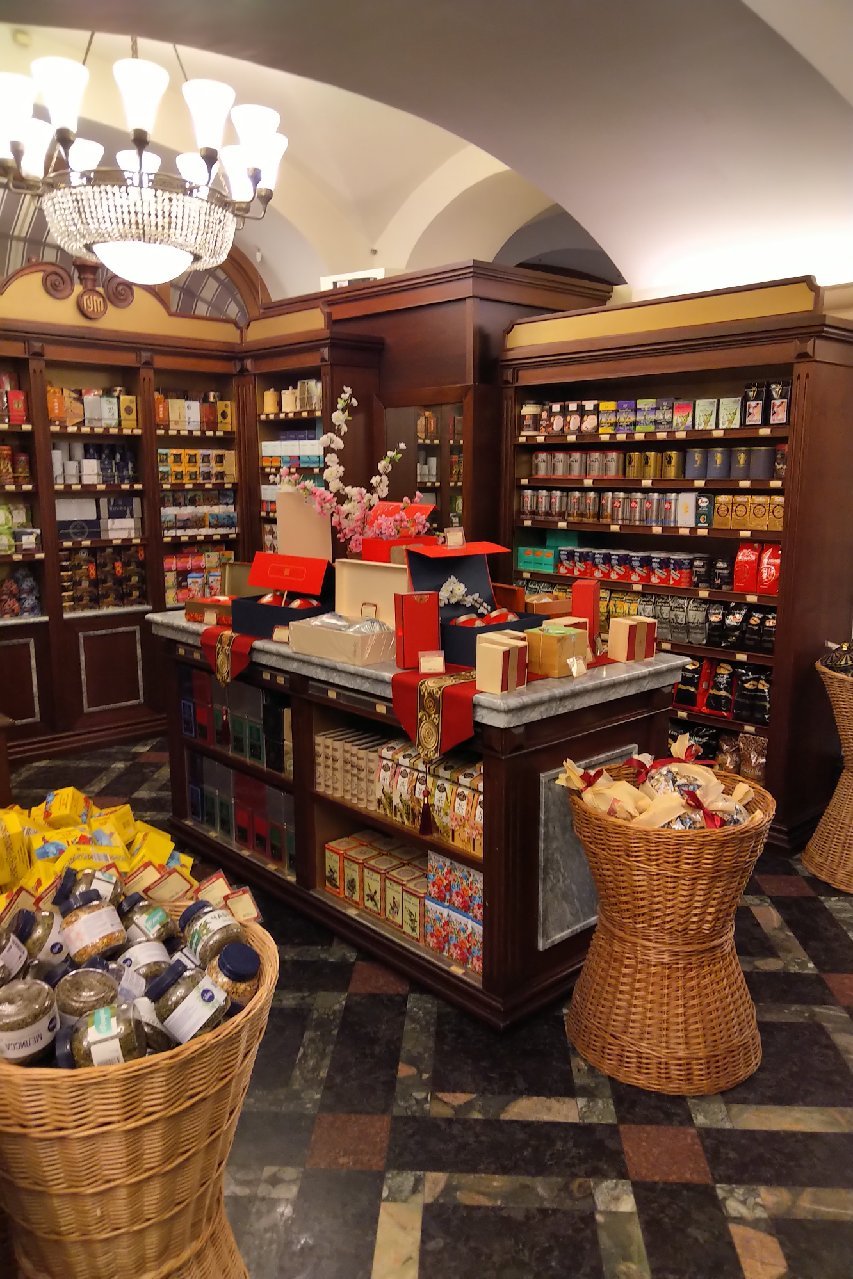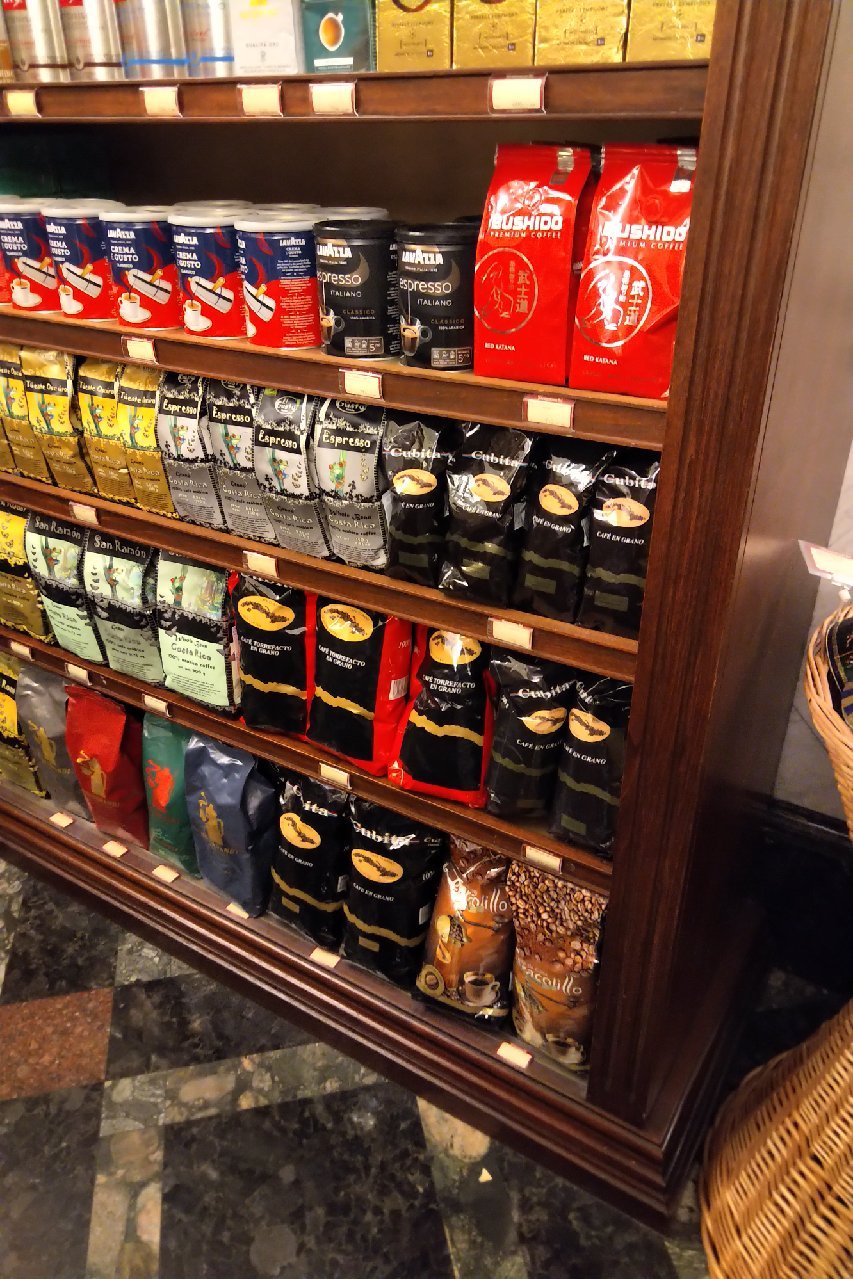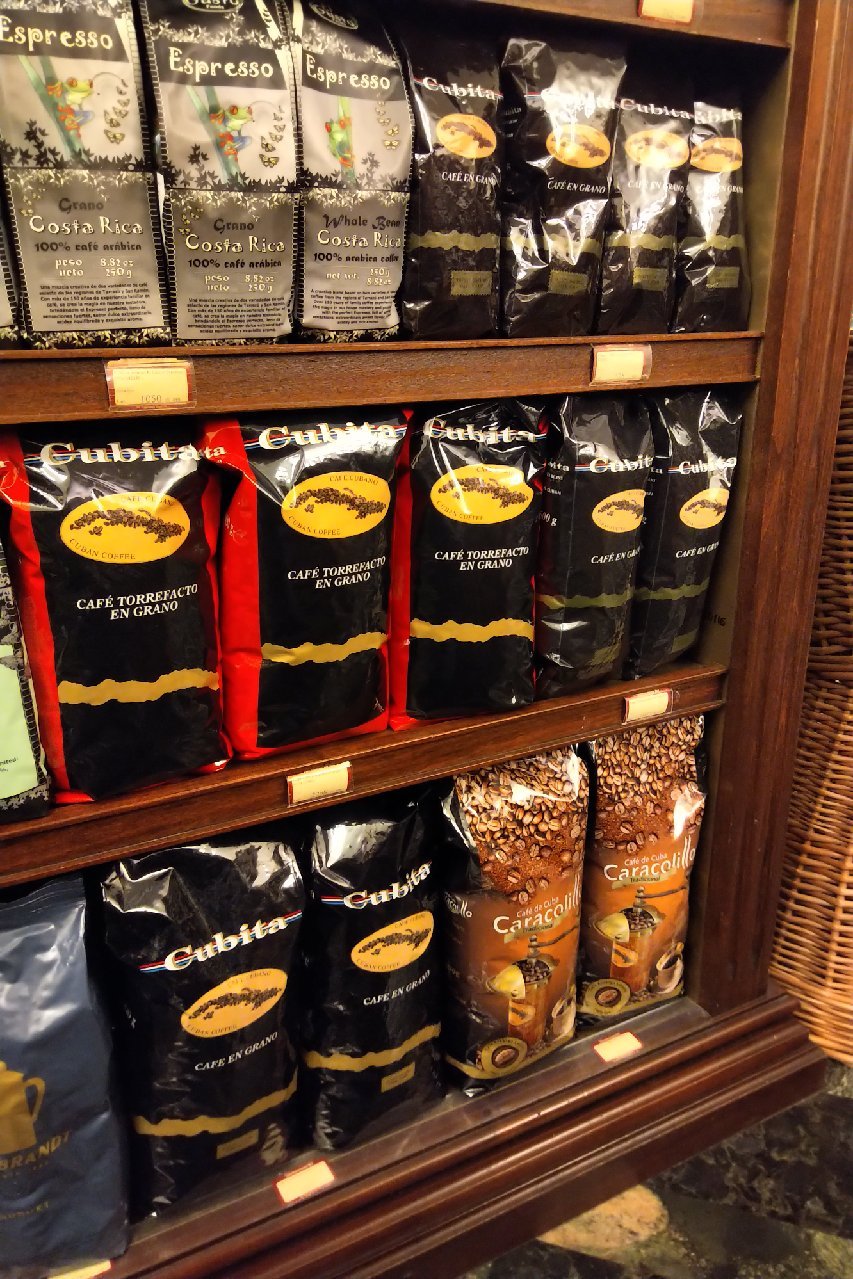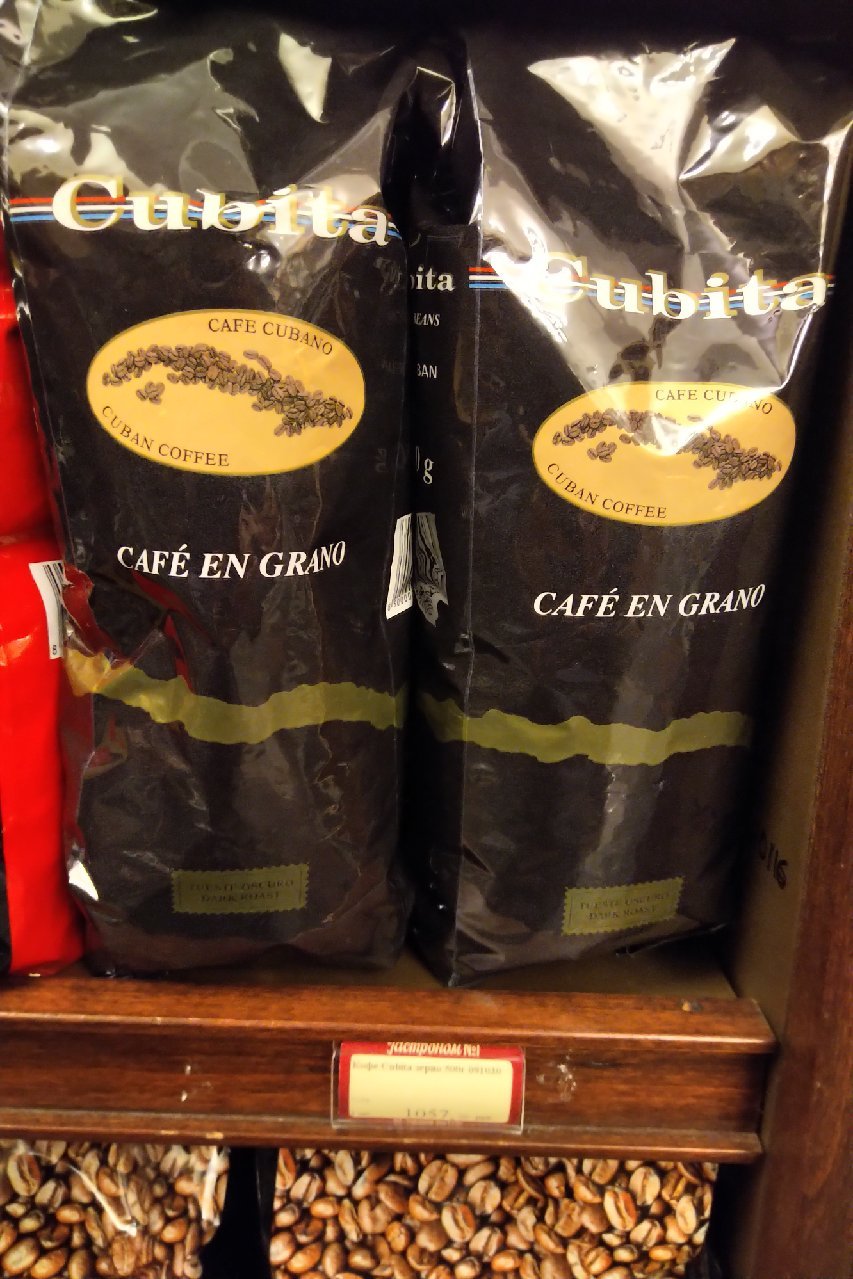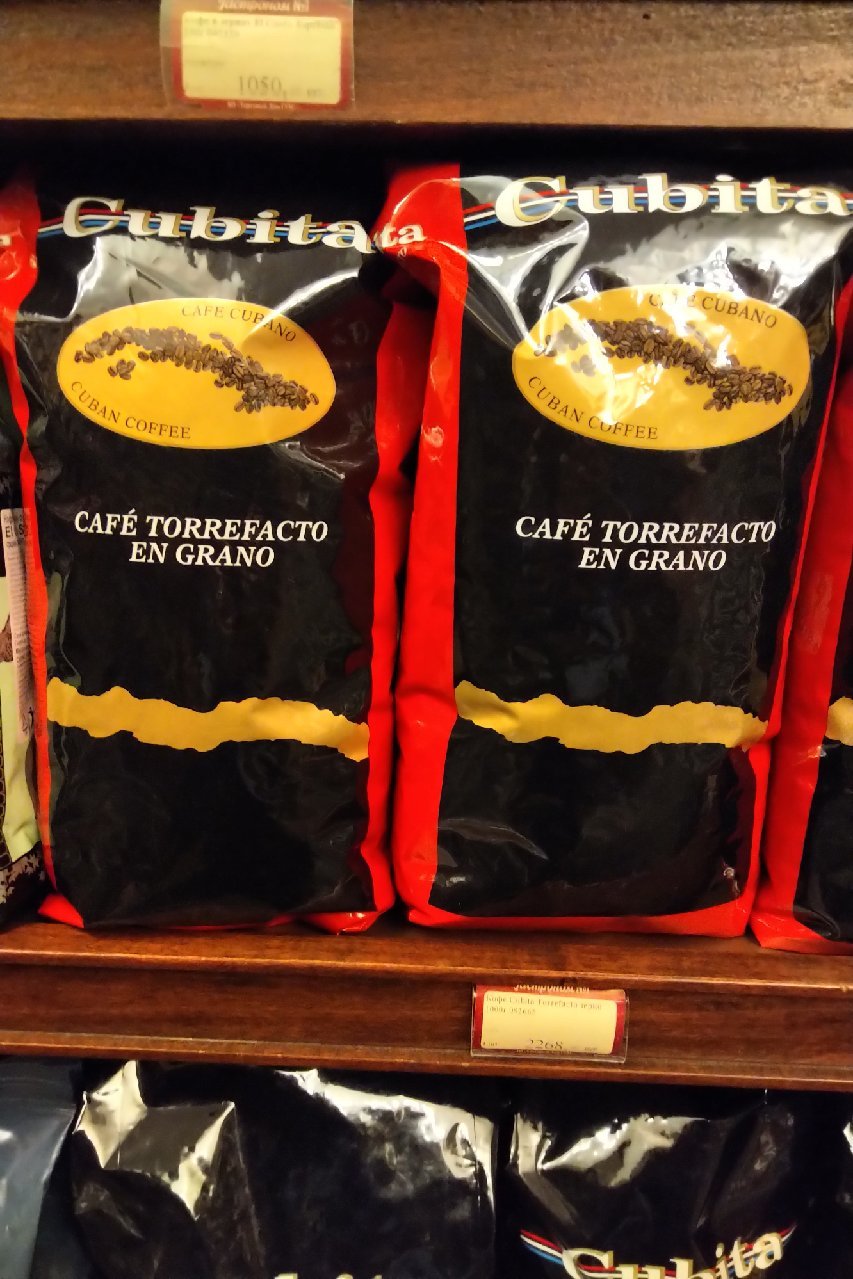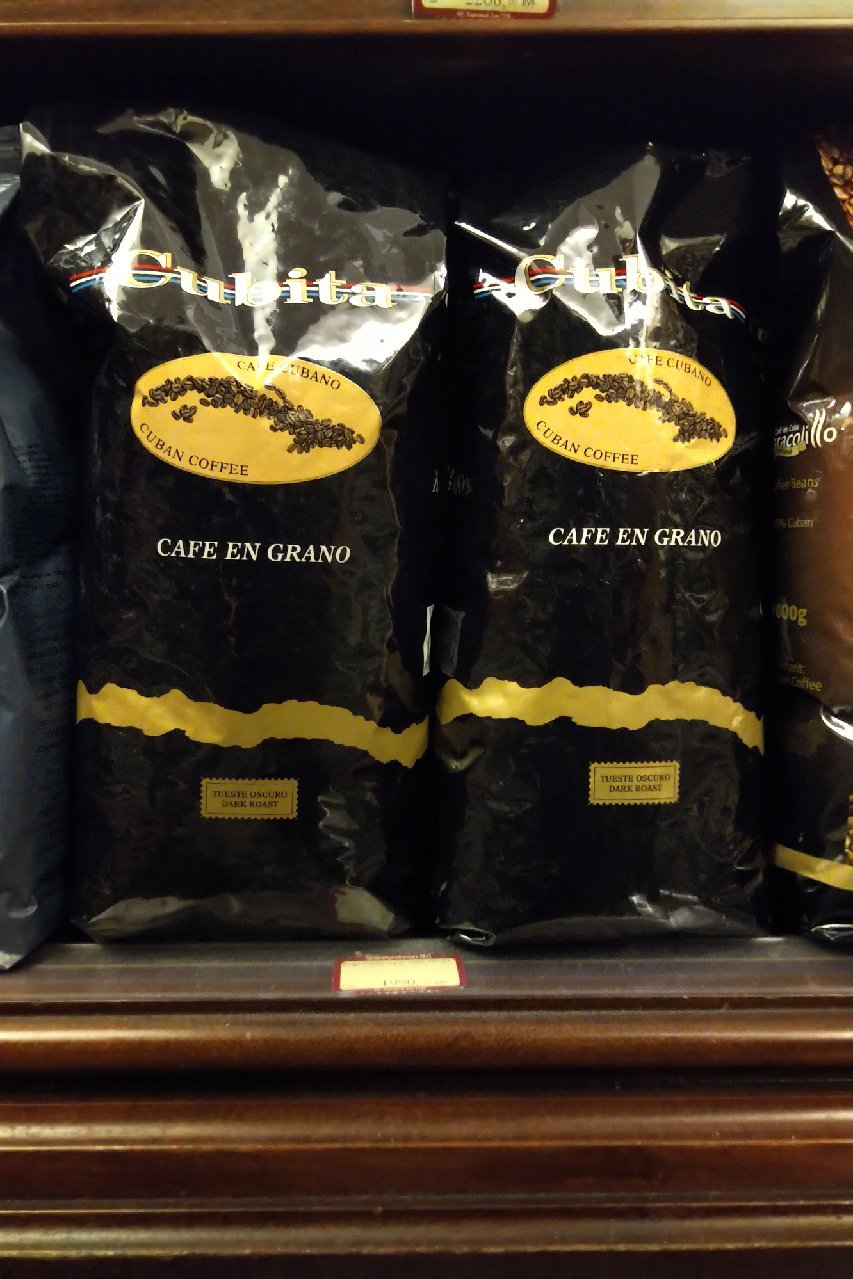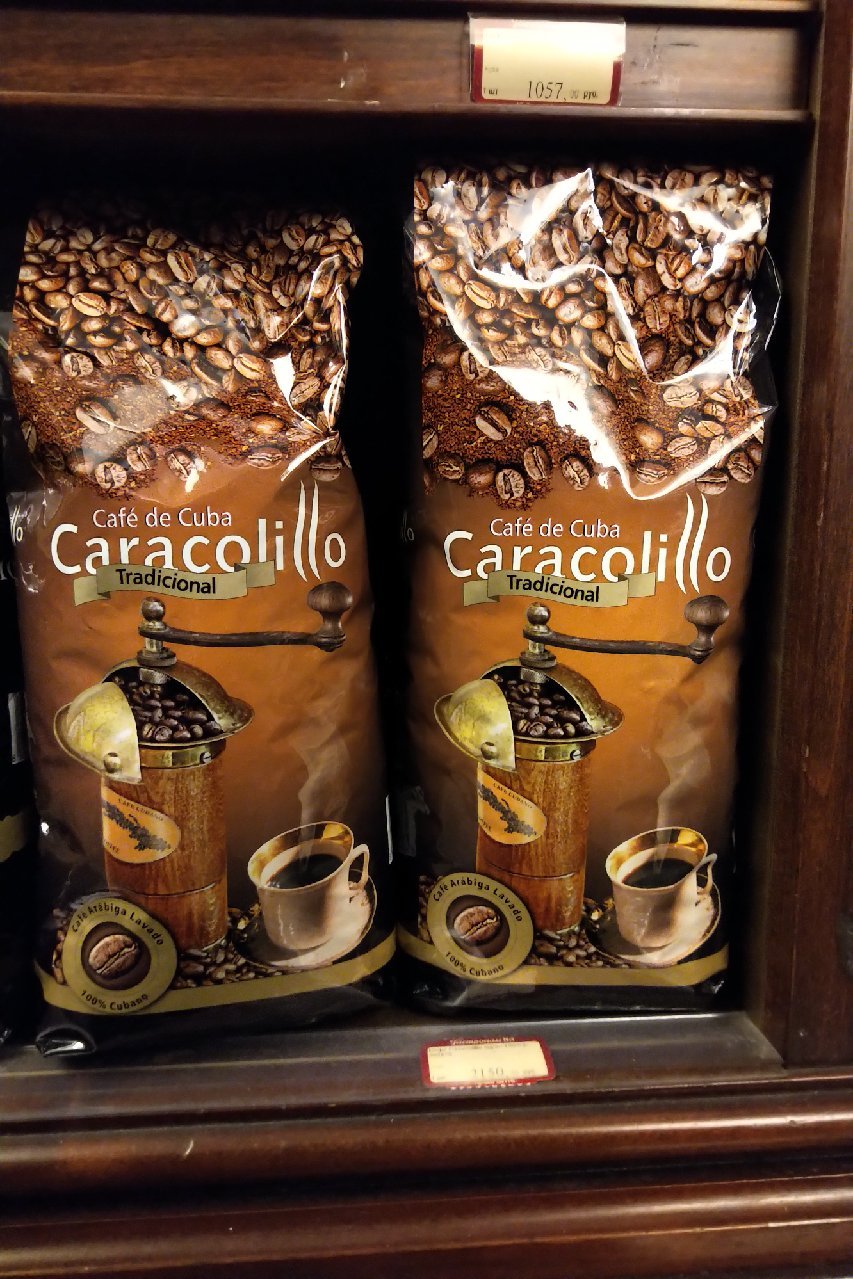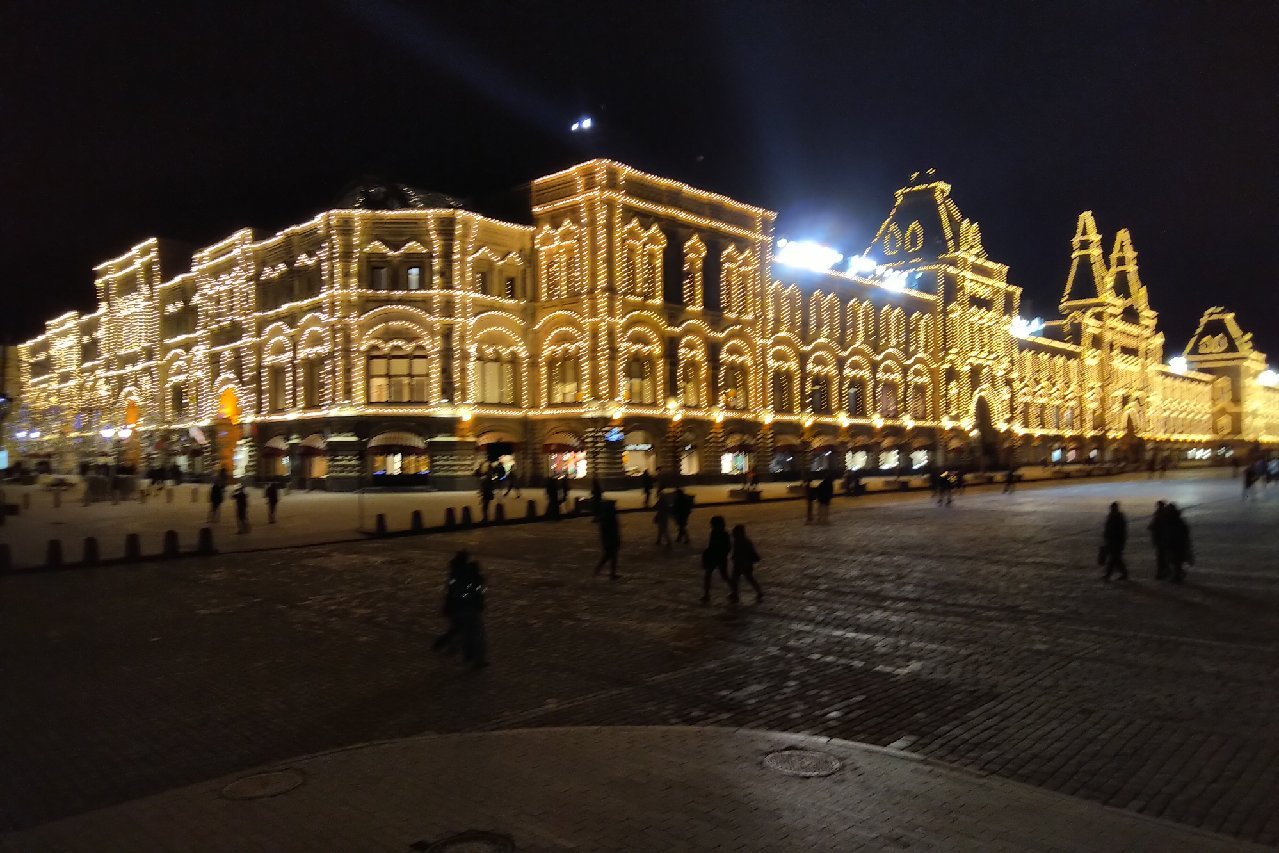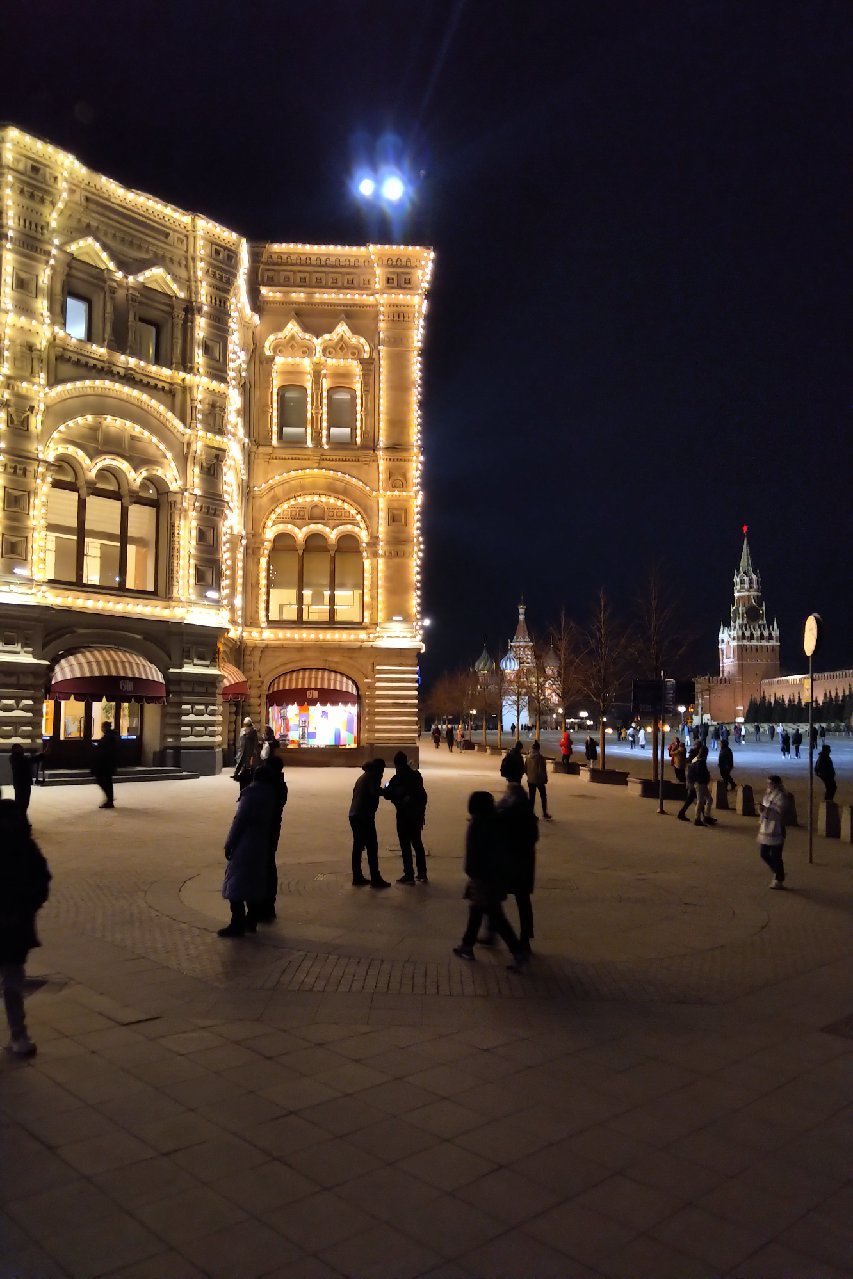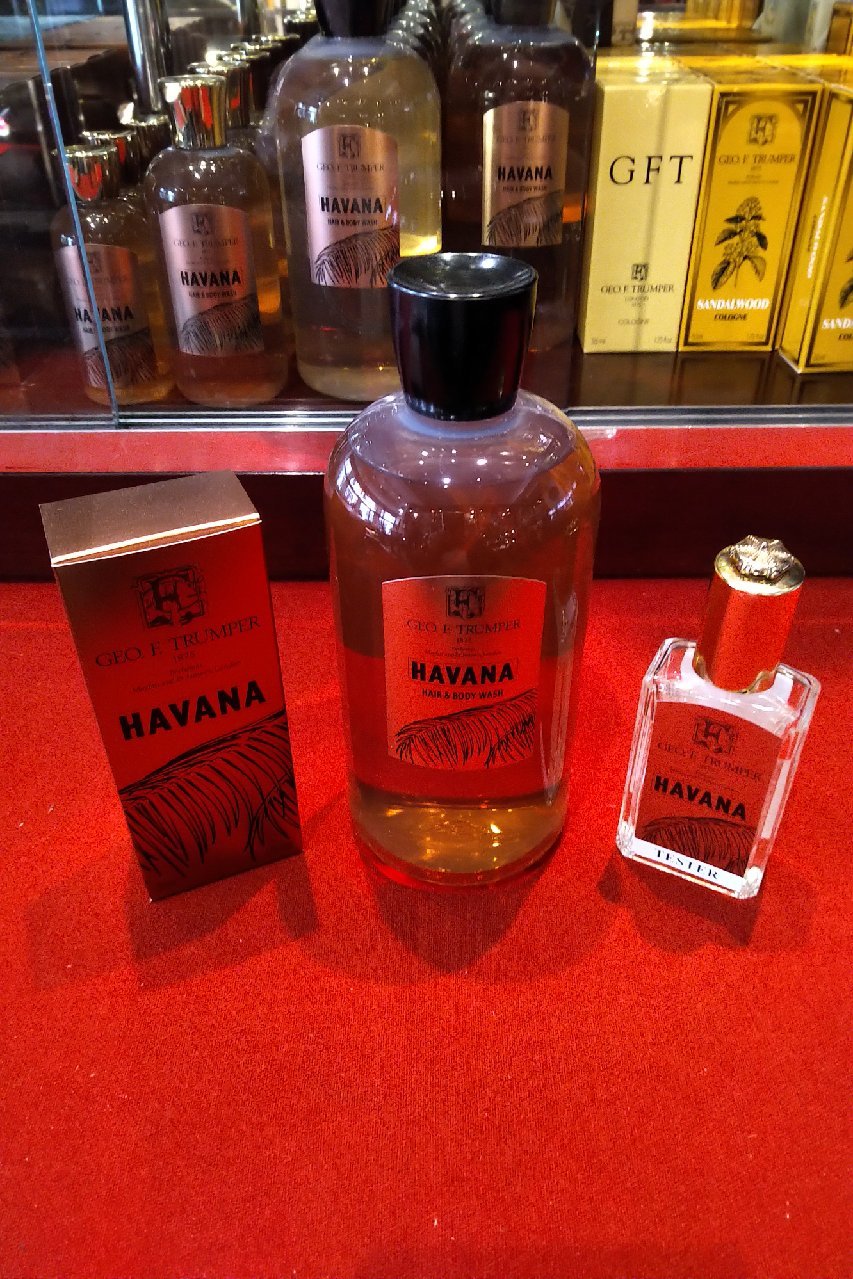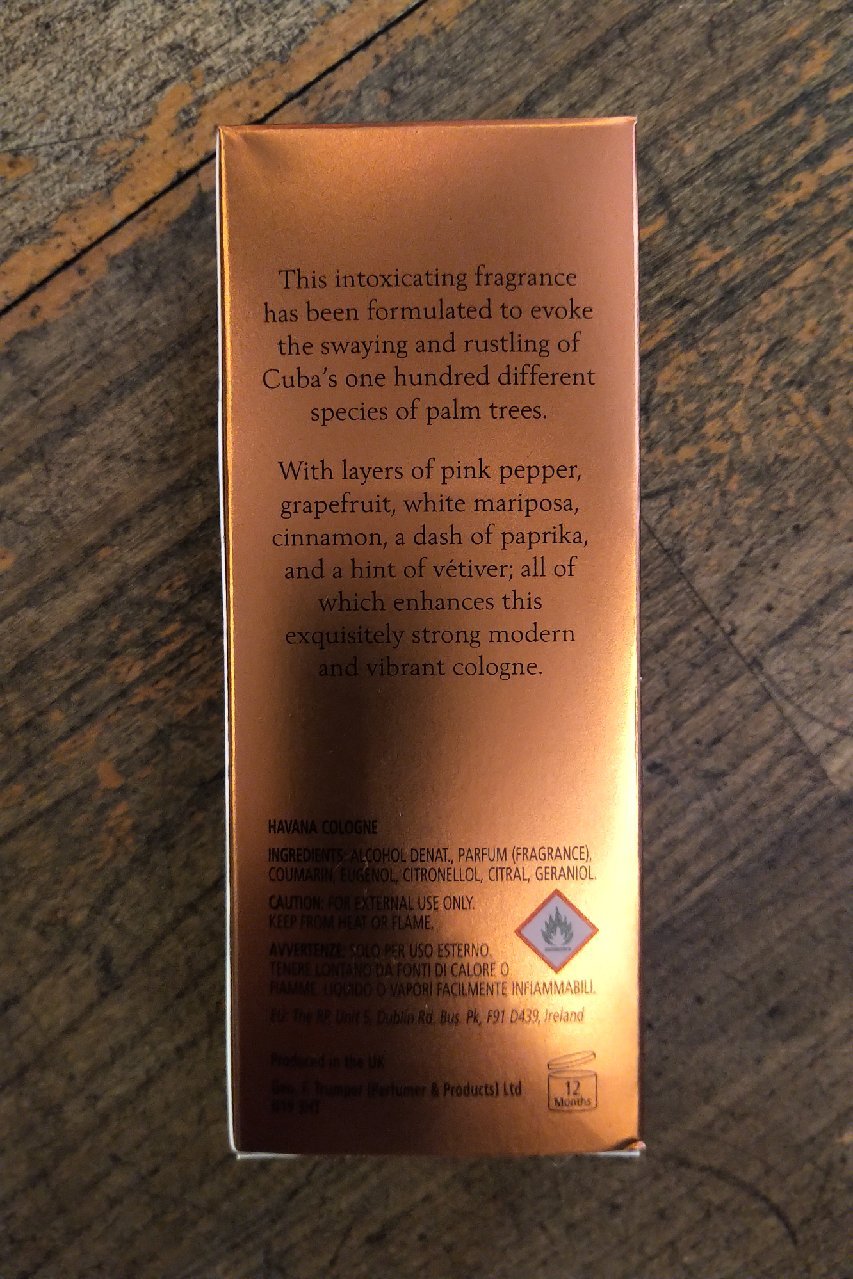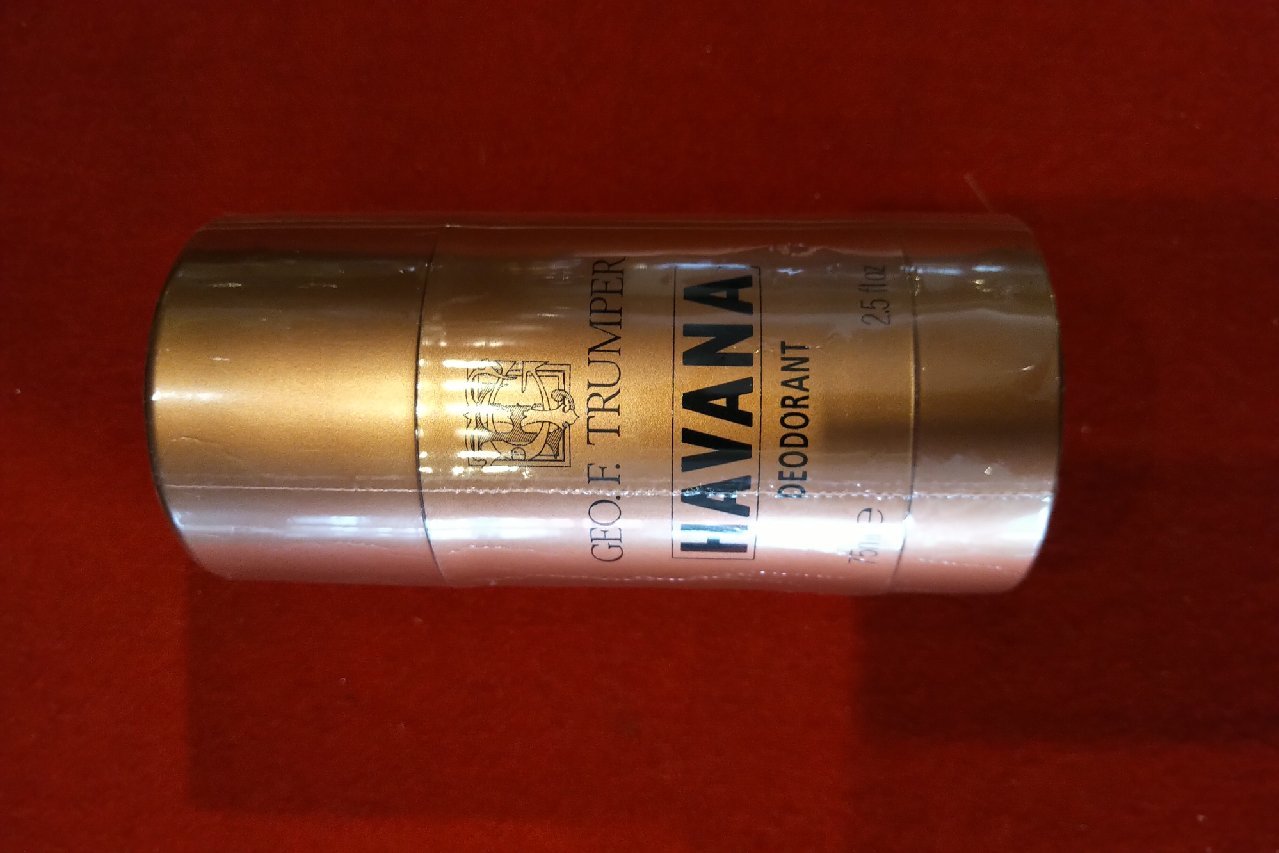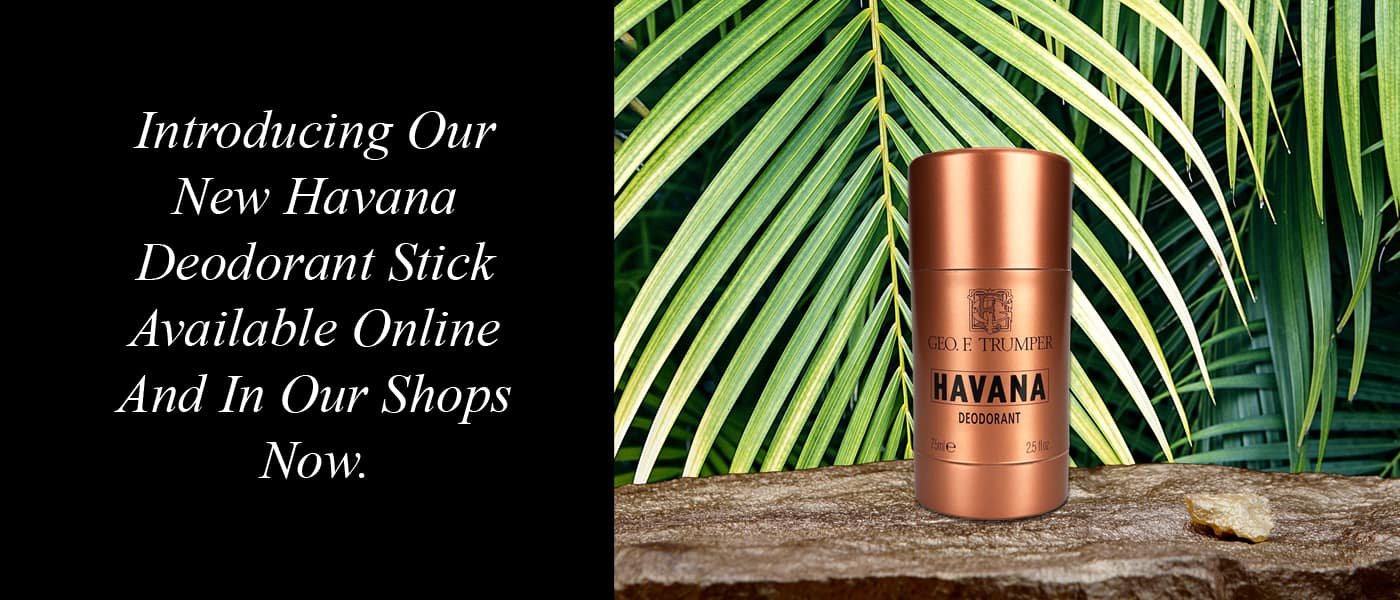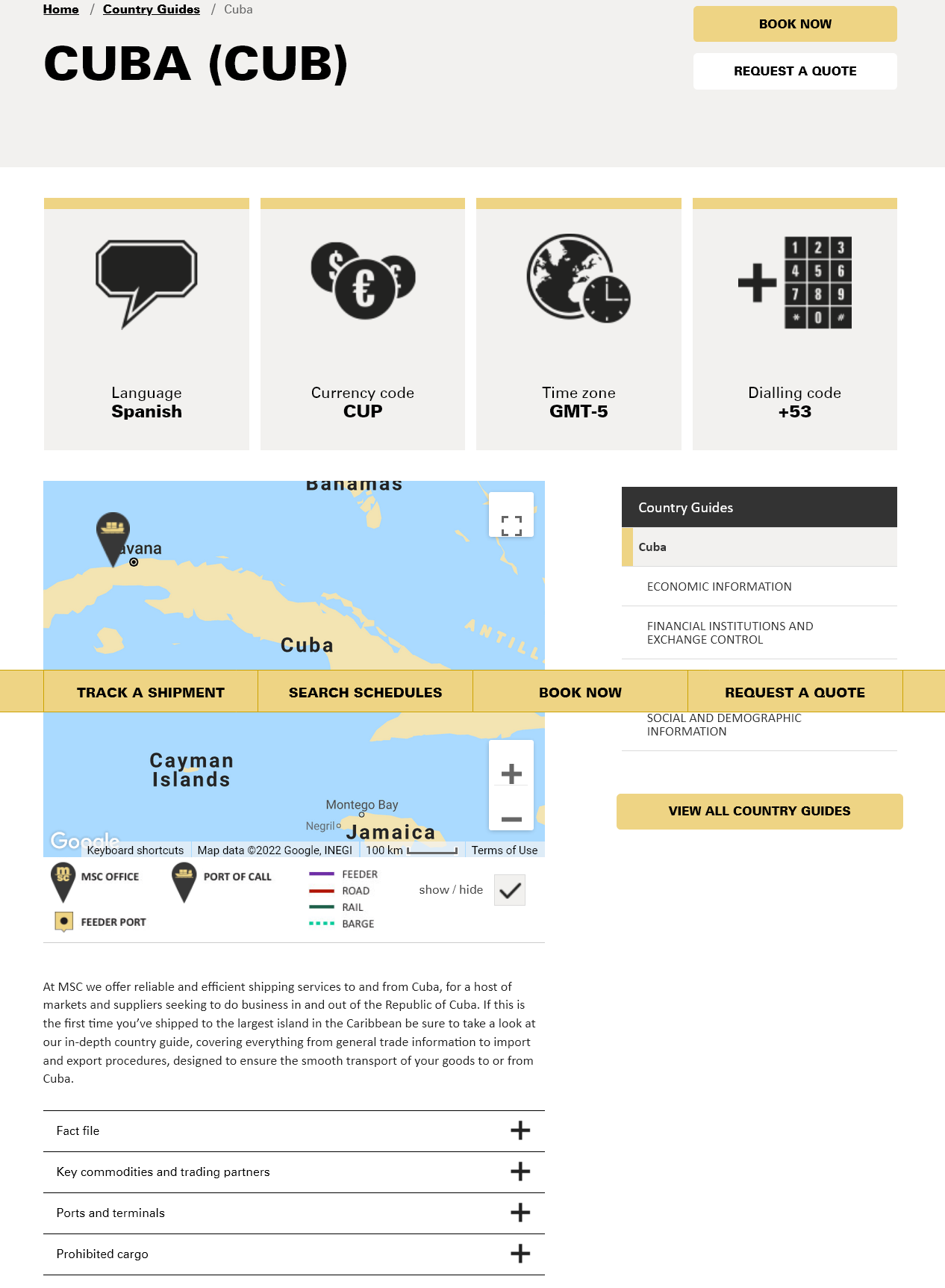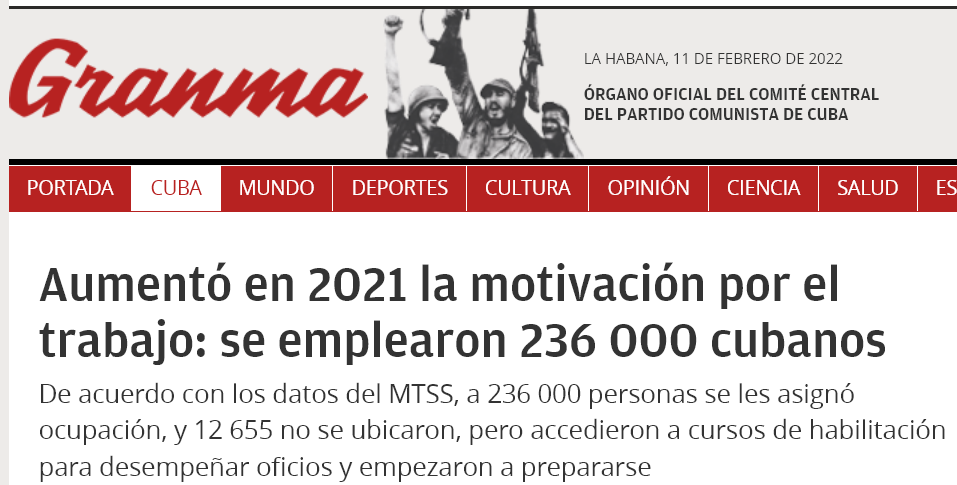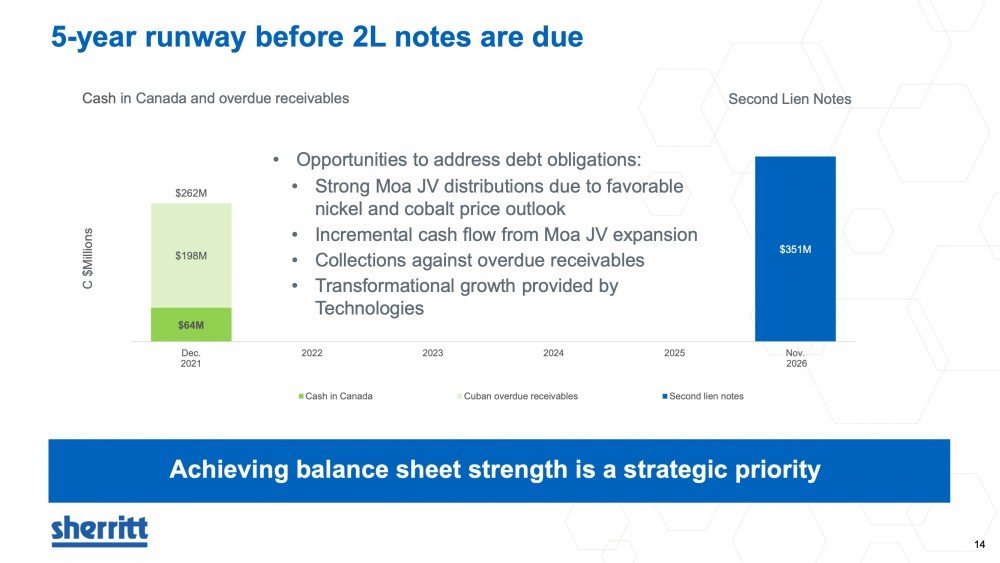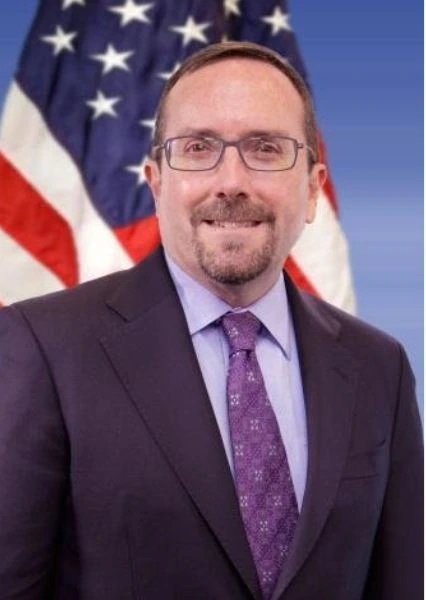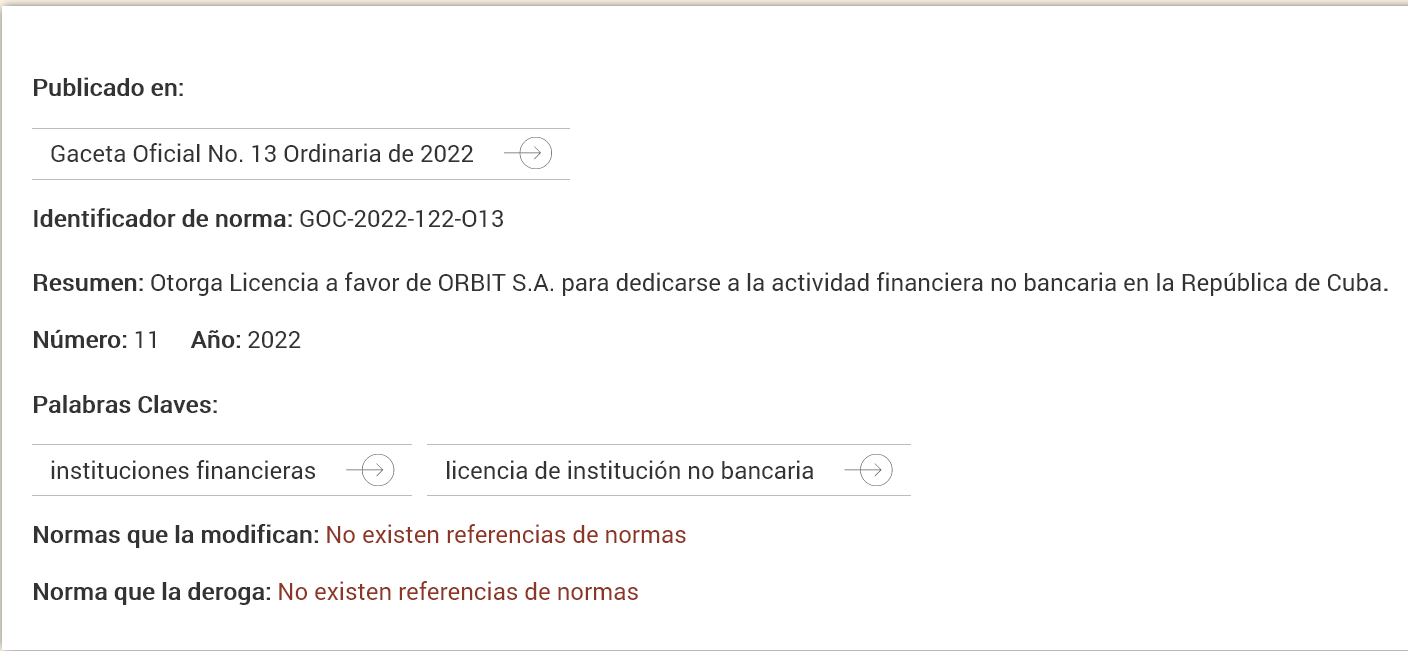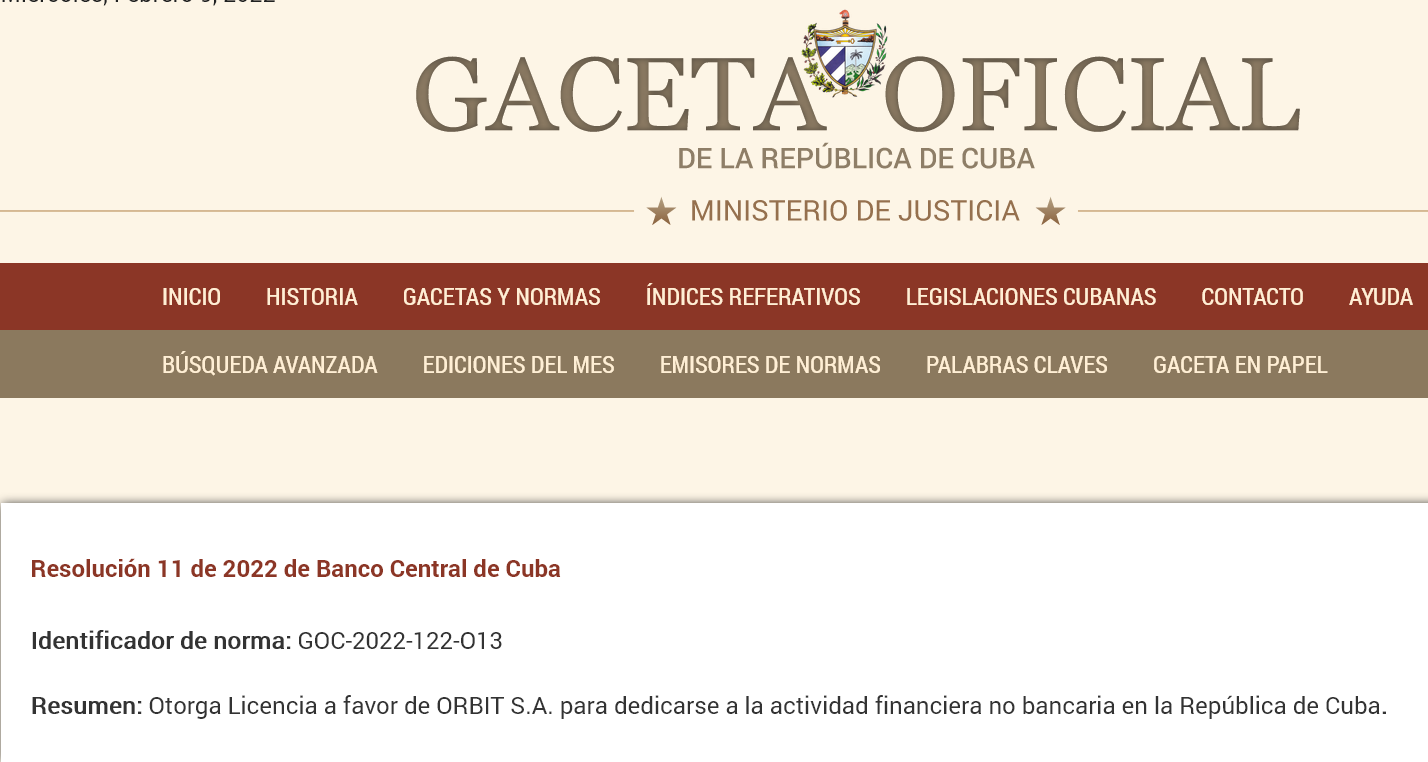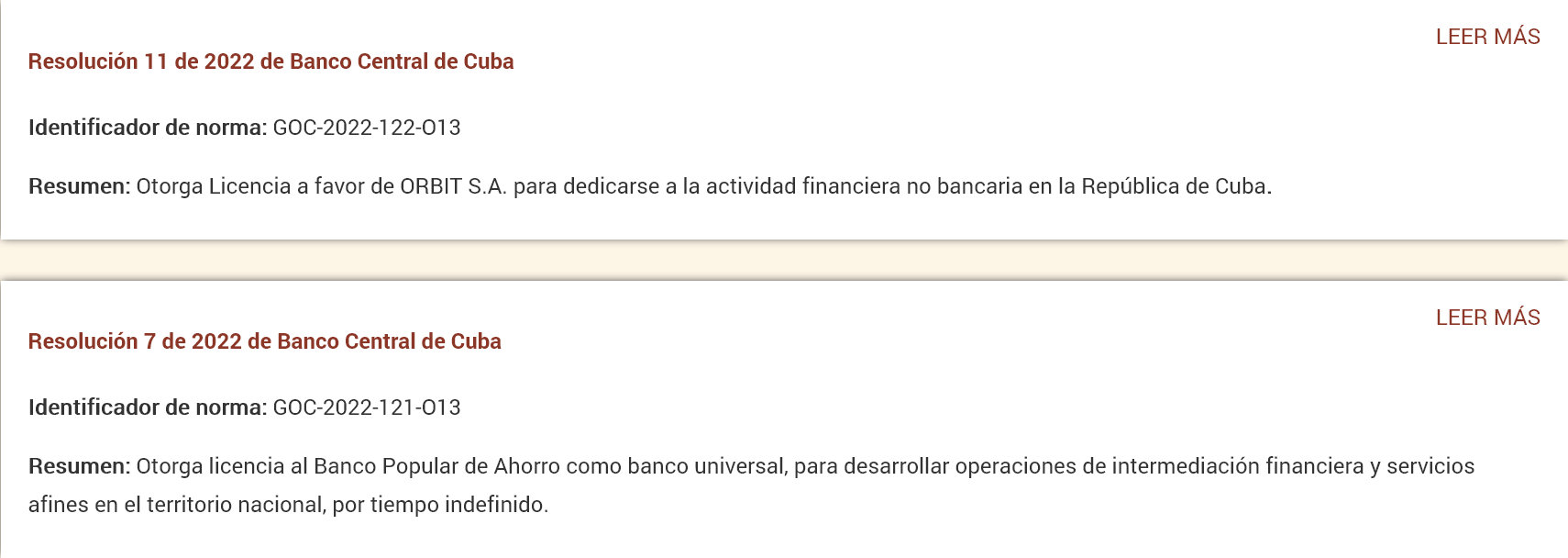MSME's In Cuba Continue To Be Created, Continue To Expand While Biden-Harris Administration Ignores Opportunities For U.S.-Sourced Investment And Financing... 414 Days
/OnCuba News (Miami, Florida)- 17 March 2022
Cuba approaches 2500 MSMEs
On Thursday, the Ministry of Economy and Planning (MEP) announced the authorization of 115 new MSMEs, of which 113 were private and two state-owned, as well as three Non-Agricultural Cooperatives (CNA). The Cuban government authorized another hundred Micro, Small and Medium Enterprises (MSMEs), bringing these new economic actors closer to 2500 since the approval of the first in September of last year. In total, of the 115 new MSMEs authorized, 113 are private and two are state-owned, as reported by the Ministry of Economy and Planning (MEP). They are also joined by three Non-Agricultural Cooperatives (CNA), the entity said on its Twitter account. In this way, there are already 2,478 new actors endorsed by the authorities, as part of the reforms promoted by them, which, however, maintain state enterprises as the main protagonists of the Cuban economy.
To date, the country has 2388 private MSMEs, 51 state-owned MSMEs, and 39 ANCs. 57% of these actors are reconversions of pre-existing businesses, while 43% correspond to new ventures, according to the MEP, which sets more than 40,000 jobs generated by them. Of these actors, 99 are part of local development projects, 34 have previously carried out export operations and 11 were developed in the Science and Technology Park of Havana. These are figures that must continue to grow, as the government has said it will not put limits on their quantity.
At the beginning of this week the MEP expanded its call to create MSMEs dedicated to accommodation, beauty services and services to buildings and industrial facilities. Until now, its permits already included food production, computer science, the circular economy and recycling, manufacturing, logistics and transport activities, construction services and gastronomy, among other activities. MSMEs, approved as an economic actor in the middle of last year, can be state-, private or mixed property and are recognized as an economic unit with legal personality with its own characteristics. The law allows them to have one or more partners and be incorporated as commercial companies, although they cannot operate in areas recognized as "strategic" for the State such as health, telecommunications, defense and the press.
Center For Democracy In The Americas (Washington DC)- 18 March 2022
Almost 2,500 micro, small, and medium size enterprises (SMEs or PYMES in Spanish) have been authorized to operate in Cuba since the long-awaited law regulating SMEs came into effect in September 2021, OnCuba News reports. Last week alone, 115 new SMEs were authorized, 113 of which are private enterprises and two of which are state-owned enterprises. According to a tweet from Oniel Diaz, co-founder of Cuban private business consulting firm AUGE, the number of SMEs has now surpassed the number of state-owned companies and commercial entities, with 2,276 private SMEs compared to 2,125 state-owned enterprises. The news of private SMEs outnumbering state-owned companies comes as Cuba’s Minister of the Economy, Alejandro Gil, announced that out of the 457 Cuban enterprises that reported a loss in the month of January, 446 were state enterprises. Most of the approved SMEs are focused on food production, with others focused on manufacturing, recycling, technology, and local development. Cuba’s government also announced last week that, in addition to the aforementioned business categories, SMEs could also be enterprises focused on accommodations, beauty services, and services to buildings and industrial facilities. Certain professionals such as accountants, lawyers, architects, and engineers, remain prohibited from forming companies, a regulation that has received pushback from economists. Learn more about the breakdown of SMEs by industry, province, and size, among other data, here.
SMEs only became operable in Cuba in September 2021 after Cuba’s Council of Ministers published the regulations that govern the creation and operation of SMEs in August 2021. Previously, without a framework for SMEs, those in Cuba’s private sector who wished to work as a company with multiple employees had to register as individuals and acquire a license as individual entrepreneurs, rather than registering as and/or licensing a business. Under the new legislation, SMEs can employ up to 100 workers and establish the equivalent of a private limited company with “members” and “employees.” The legalization of SMEs was a long-awaited move that economists advocated for as a way to boost the island’s economy.
LINKS To Self-Employed, Micro, Small & Medium-Size Enterprise (MSME) Analyses
Surprise Decision: Biden-Harris Administration Renews Trump-Pence Administration License To Export EVs To Embassies In Cuba. Company Offers To Donate EV Chargers To U.S. Embassy/Ambassador Residence January 25, 2022
Cuba Updates Status Of Micro, Small & Medium-Sized Enterprises January 19, 2022
Why Is National Security Council (NSC) In The White House Refusing To Permit U.S.-Based Investors/Financiers To Directly Support Women-Owned (Or Men-Owned) Businesses In Cuba? State Dept. Complicit? January 06, 2022
Embassy Of Italy: V International Workshop of Women Entrepreneurs In Cuba: "The Talent Of Women. Art, Crafts & Design" January 06, 2022
President Biden Rejects BIS License Application To Export Electric Vehicles/Chargers To Cuba's Self-Employed, MSME's. Reversal Of "General Policy Of Approval." President Trump Authorized EV Exports. December 20, 2021
Cuba Again Expanding MSME Authorizations To Include Accessing Foreign Capital, Foreign Bank Accounts, Local Development Projects Qualify. December 02, 2021
Why Won't Biden Administration Permit U.S. Entities To Invest/Finance MSMEs? In December, Cuba’s FIMELSA Begins Convertible Currency-Equivalent Loans At 6.5% For 120 Days; Lower For CUP. November 25, 2021
Update: More Than 700 Micro, Small And Medium-Sized Enterprises Approved In Cuba November 25, 2021
OFAC & BIS To 107 Tech Companies? Cuba. Yes, You Can Go There, But We Dare You. "Encourage & Enable" Not The Same As "Access & Use." Memo: Donilon, Klain, Ricchetti, Richmond, Sullivan. November 23, 2021
Will President Biden's Statement That His Is "a small business presidency” Extend To Supporting Small Businesses In Cuba? November 22, 2021
Cuba Continues To Report On Activity Of MSME's- The Numbers Increase. November 06, 2021
Beginning Today Residents Of Cuba May Purchase And Install Residential Solar Systems. Cost 55,000.00 Pesos (US$2,300.00). Call 7833-3333. November 04, 2021
Cuba Approves First 35 MIPYME Applications- Confirms No Application Thus Far Denied. Many More Applications Expected. Result Beneficial For Biden Administration Goal To Support SME's. September 30, 2021
Cuba Suspends Tariffs And Fees For Non-Commercial (SME's Next?) Solar Systems. Another Opportunity For Biden-Harris Administration To Support U.S. Exporters And Florida Companies Should Benefit. July 30, 2021
ProLimp Cleaning In Cuba Precisely Type Of Entrepreneurship Biden Administration Should Support. Will Cuba Permit U.S. Venture Capitalists? March 08, 2021
Cuba To Unify Currencies; Result Could Present Opportunities For Biden Administration And U.S. Companies December 11, 2020
Florida Company Receives License To Export Electric Vehicles To Cuba; Charging Stations From New Jersey-Based Company. January 25, 2017
Restriction On Sale Of Premium Gasoline May Benefit Electric Vehicles & Solar Panels; Embassies Concerned. April 07, 2017







